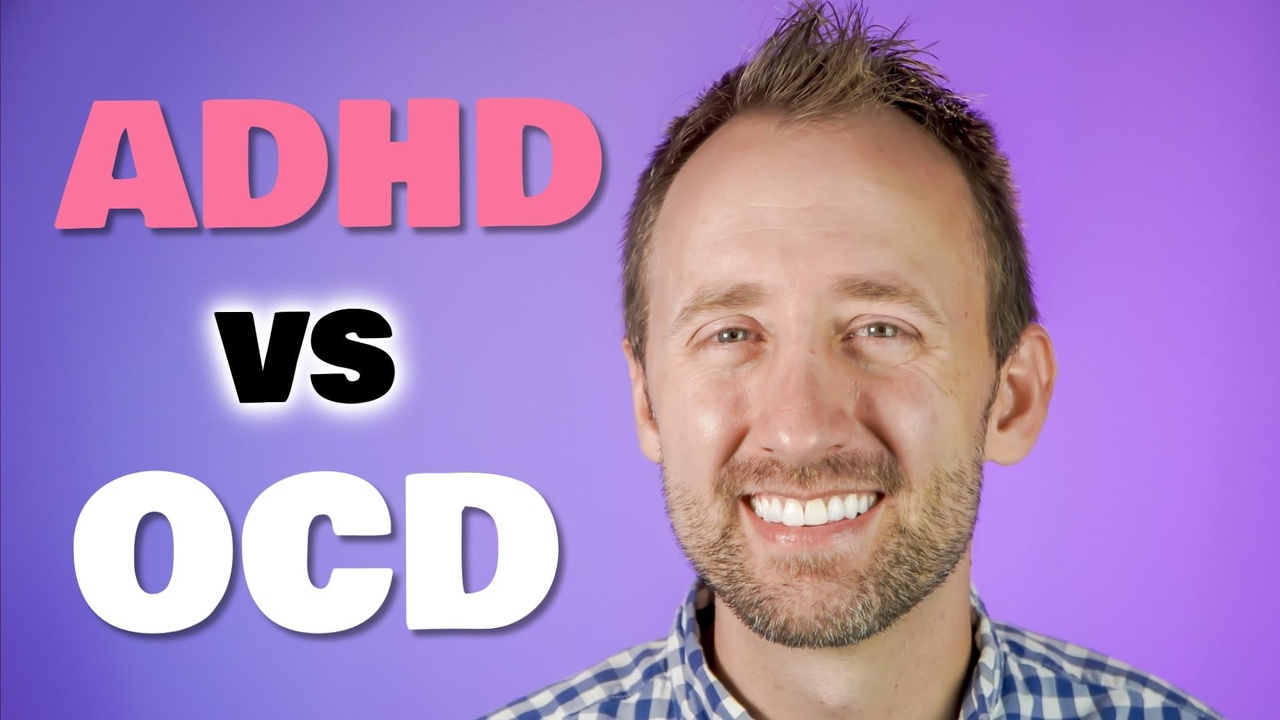OCD vs ADHD - Can I have both?
Oct 12, 2022
Our computers and phones have RAM memory. When you open lots of apps or programs, it take a portion of this memory. It starts to become sluggish and sometimes crashes all together. With OCD, someone may be doing a certain task while having intense intrusive thoughts, "did I do this wrong" "am I a bad person" "what if someone found out who I really am", this leaves fewer memory for them to complete the task they are doing or add others to their list. They may get fidgety, look spaced out, and simply aren't concentrating in a meeting or completing homework.
Wait! Doesn't that sound like ADHD? Do I have ADHD? OCD? or both? How can I tell?
I have a lot of thoughts. Like a lot! Sometimes random, sometimes scary. I have a hard time paying attention in school. Most of the time I don't finish my tasks. My emotions tend to go up and down as well.
ADHD or attention-deficit hyperactivity disorder are different than OCD in terms of brain activity and the way it presents itself. It may affect how people outwardly relate to their environment. Most think of ADHD as someone who shows inattention or lacks impulse control. They may even do risky behaviors.
OCD on the other hand responds to the environment differently with frequent obsessive and/or compulsive thoughts and behaviors. Those with OCD tend to avoid risky or potentially harmful situations. They are overly concerned with the consequences of their actions and tend to not act impulsively.
OCD and ADHD in the brain
We've got to look at the brain. Evidence has suggested that there is abnormal brain activity in the same neural circuit. The interesting part is that ADHD shows opposite patterns of brain activity to OCD. These happen in the frontal lobe section of the brain. This part of the brain is responsible for many important things such as movement of our body, thinking and reasoning, and the behaviors we do.
Those with OCD have a significantly increased activity in those neural pathways that connect frontal lobe regions with the basal ganglia. This means the brain is overactive. Those with ADHD show decreased activity, meaning the brain is less active.
While the brain activity is different, the cognitive effects are pretty similar. Making decisions, planning, switching tasks, and over all working memory.
Both with OCD and ADHD both show that these important functions are underperformed. Meaning, it's difficult to make decisions, plan, switch tasks, and maintain a great working memory. You can see why it can be confusing to see the difference.
Research in ADHD and OCD
Research suggests that 1 out of 5 children with OCD are diagnosed with ADHD and 1 out of every 12 adults. So what happens to these children who grow up to be adults? Does their ADHD disappear? Well, yes, and no. It disappears in the way that some actually didn't have it to begin with. It was diagnosed because of it's similarities to OCD, thus finding out in adulthood that OCD was the ONLY correct diagnosis. For others, as their brain developed, the activity associated with ADHD dissipates and changes to fit patterns of OCD.
ADHD vs OCD
It's actually suggested that OCD and ADHD in adults is rare. Some researchers even say having both at the same time is rare or highly unlikely. It all depends on who you talk to you. In a small study in 2019, those diagnosed with BOTH conditions were treated only for OCD. They found that as their OCD symptoms went down, so did their inattention, hyperactivity, and impulsivity.
Interesting. But here's the deal! It's not my job to claim that it's impossible to have both. Here is a good test. Do treatment for OCD. As symptoms decrease, reevaluate how you feel. If the symptoms marked as ADHD reduce as well, you may have just had OCD. If they continue, you may have this dual diagnosis.
So what do you think? Do you think it's possible to have both? What has been your experience?
















